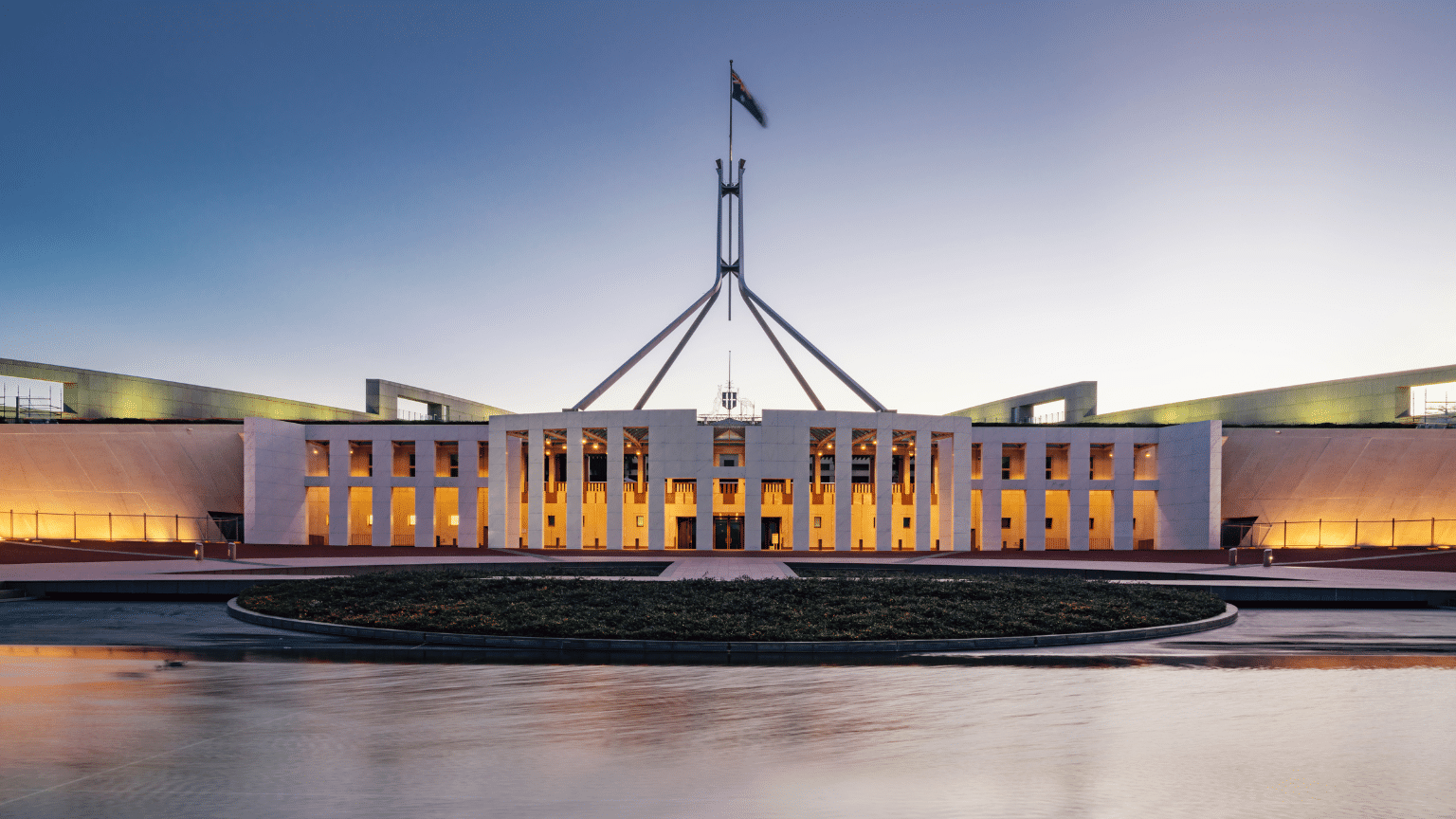With Australians set to head to the polls this weekend, the 2025 Federal Election campaign has predictably been centered on cost-of-living challenges, with both major parties announcing a suite of policies aimed at easing these challenges for Australians. Whilst both sides of politics recognise the importance of the private sector in an economic recovery, along with the need for productivity growth, there has been limited policy announcements targeted directly at growing businesses, and retailers, of all sizes. The modest announcements include areas such as small business support, workforce development, energy affordability, and innovation – however important gaps remain unaddressed for the retail sector,
The ARA has ensured the voice of Australian retail is heard at the highest levels – continuing to advocate for priorities outlined in our Policy Blueprint 2025.
Key Commitments for Retail
Across the Coalition and Labor platforms, there has been recognition of the economic pressures facing businesses and households with notable commitments including:
- Cost of Living Relief: Both parties proposed measures to ease household pressure, with Labor announcing modest income tax cuts from 1 July 2026, $150 energy bill relief for six months, and support to reduce childcare and healthcare costs. The Coalition has promised to halve the fuel excise for 12 months, offer a one-off tax offset of up to $1,200, and further reduce PBS medicine costs.
- Small Business Investment: The Coalition has committed to making the instant asset write-off permanent and increasing the threshold to $30,000, alongside a new tax deduction of up to $20,000 for small business meals and entertainment expenses. Labor has proposed a temporary 12-month extension of the instant asset write-off at $20,000, alongside increased funding to strengthen enforcement of the Franchising Code of Conduct.
- Workforce and Skills: Both sides have placed a focus on training and skills, including permanent free TAFE (Labor) and major apprenticeship investments (Coalition).
- Digital Innovation: Commitments to strengthen Australia’s AI, cybersecurity, and automation capabilities were made by both parties, aligning with retail’s increasing technological transformation.
- Energy Transition: Short-term relief for energy bills has been announced, but broader retail-specific energy support remains absent.
- Investment Attraction: The Coalition’s proposed Investment Australia agency signals greater focus on sovereign capability and advanced manufacturing – a positive step we will watch closely for retail relevance.
Ongoing Gaps for Retail
While there is much to welcome, the campaign has not fully addressed several key challenges impacting retailers:
- Retail Crime: Neither party has committed to a dedicated national retail crime strategy or specific protections for retail workers facing theft, abuse, and violence in the workplace. The Coalition has announced a broader $750 million Operation Safer Communities initiative, targeting organised crime, drug enforcement, and community safety risks. While this initiative is positive for overall public safety, the lack of a retail-specific focus means urgent challenges facing retail workers and businesses remain unaddressed.
- Skilled Migration: Retailers rely on migration to address workforce shortages. The Coalition proposes cuts to migration, while Labor maintains current levels but increases student visa costs – both approaches require careful management to avoid worsening staff shortages.
- Industrial Relations: Both sides have made industrial relations commitments, with the Coalition proposing to simplify casual worker definitions, repeal right to disconnect laws and restore the ABCC, and Labor pledging to ban non-compete clauses for workers enring less than $175,000 per year. However, broader reforms that deliver workplace flexibility, drive productivity growth, and reduce compliance burdens for retail employers have not been fully addressed.
- Penalty Rates and Workplace Settings: Labor has proposed interventionist legislation to prevent reductions in penalty rates through modern award processes, while the Coalition has committed to maintaining the independence of the Fair Work Commission. Protecting a balanced, independent approach to workplace relations is essential to supporting productivity and business confidence. Government intervention in setting penalty rates risks undermining the role of expert decision-making bodies in delivering a fair, flexible, and productive industrial framework.
- Energy Costs for Business: Retailers, particularly small businesses, continue to bear the brunt of rising energy prices. Labor has extended a modest short-term energy relief program, providing around $325 to $650 in bill credits for small businesses through to the end of 2025. However, this support is temporary and falls well short of addressing the long-term energy cost pressures facing the sector. The Coalition has focused on large-scale gas and nuclear supply measures, but has not outlined immediate energy cost relief for businesses. Broader and sustained clean energy transition support targeted at business remains a missing link, leaving operating costs a critical ongoing concern for retailers.
What Comes Next
No matter who forms government after 3 May, the ARA’s work does not stop.
We will continue to champion the interests of retailers by:
- Engaging early with the incoming government to shape policy implementation
- Advocating for stronger action on retail crime, energy affordability, and migration settings
- Driving long-term reforms that boost business productivity, simplify regulation, and support innovation across the sector.
Retailers are not seeking handouts – we are seeking fairer conditions to invest, employ, and grow.
Throughout this campaign, many announcements focused rightly on cost-of-living relief for consumers. Yet without targeted support for retail businesses facing higher operating costs, regulatory complexity, and rising crime, the sector’s ability to deliver for communities is at risk.
Whoever forms government after Saturday must work in close partnership with the retail industry to unlock productivity gains, build workforce capability, and secure sustainable economic growth.
The ARA stands ready to continue advocating strongly for a vibrant and resilient retail sector – one that remains central to Australia’s economy, communities, and future prosperity.






















